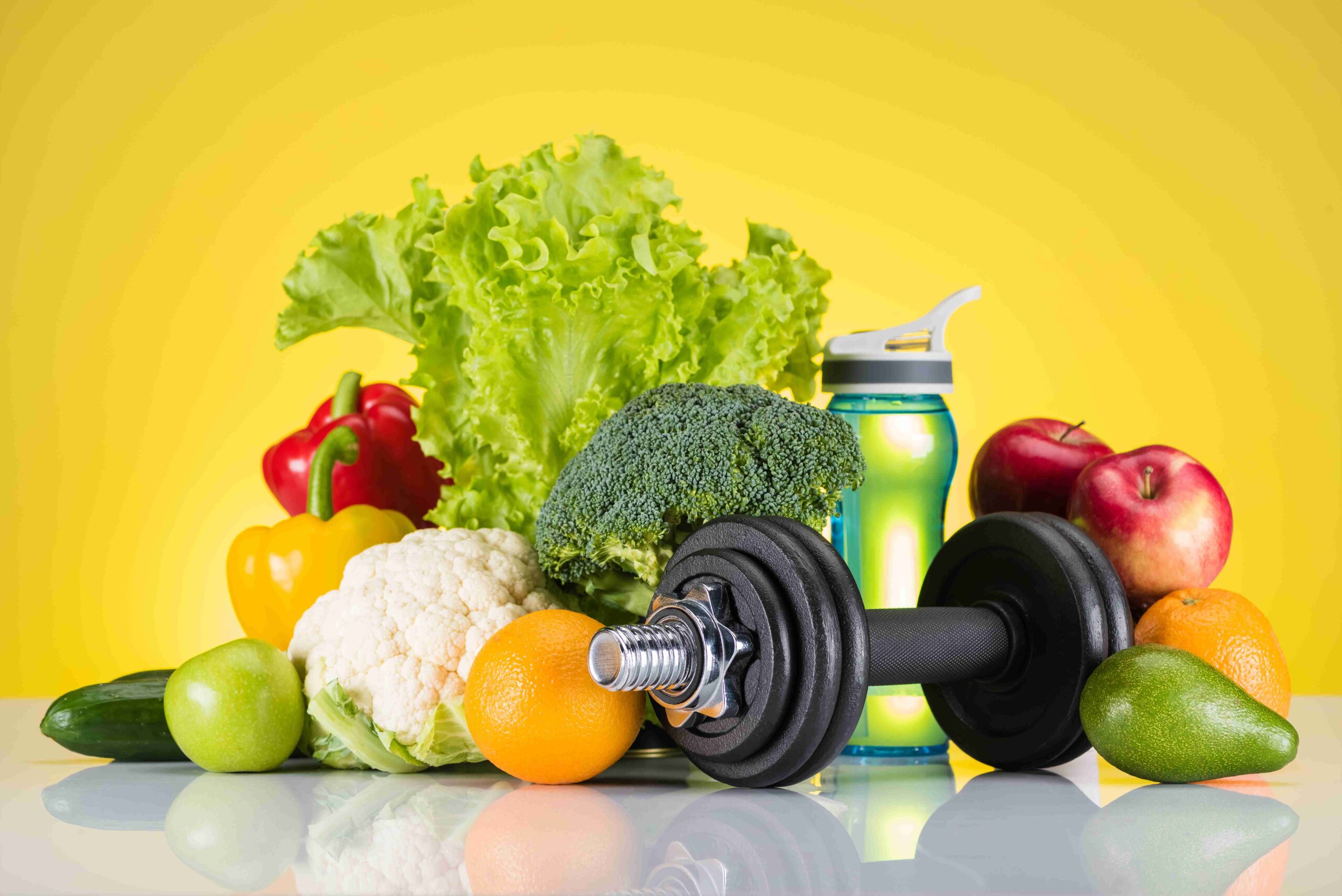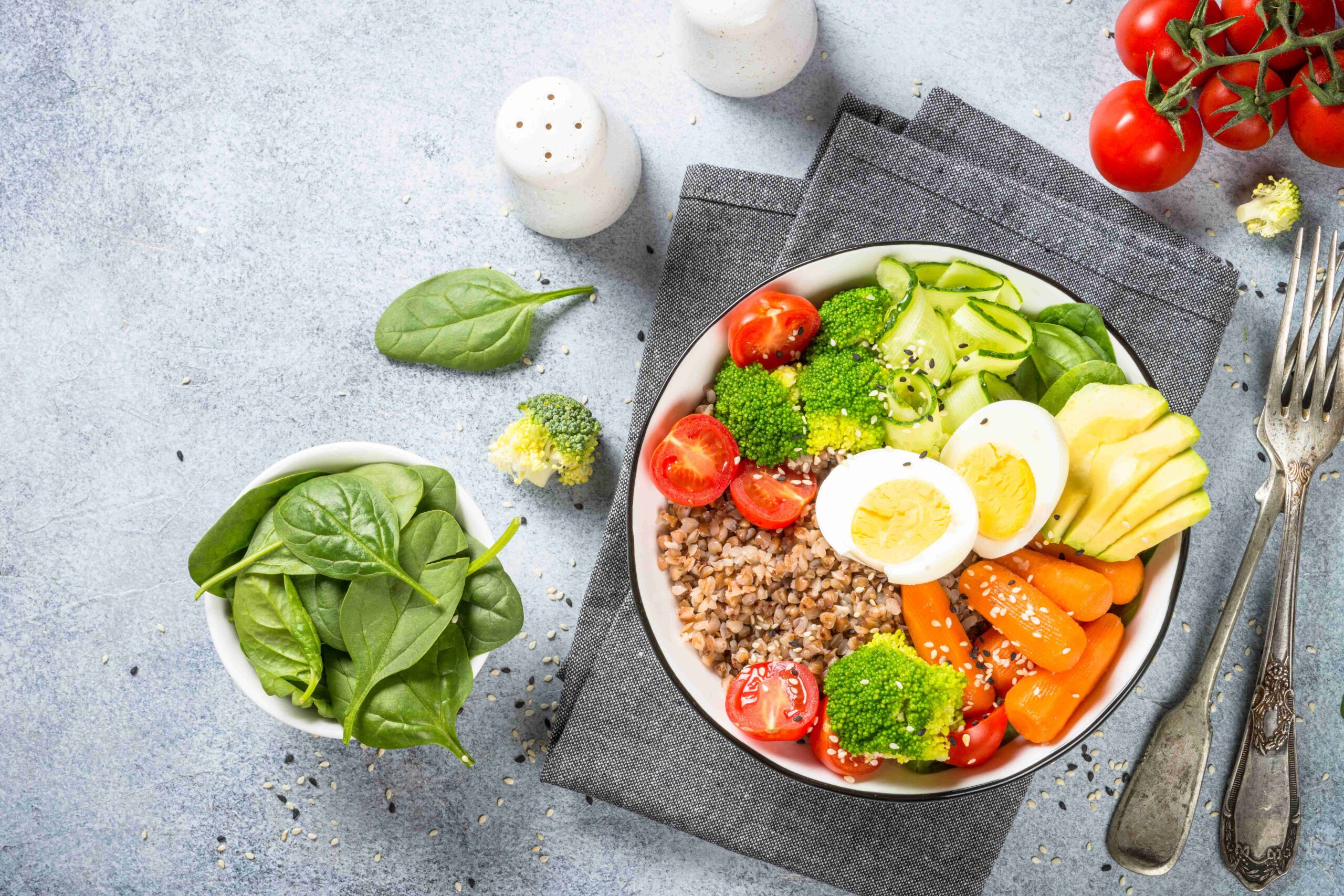For athletes engaged in high-intensity training, proper nutrition is essential to maximize performance, enhance recovery, and maintain overall health. When pushing your body to its limits, what you eat can be as important as your workout. A balanced approach to nutrition not only fuels your training sessions but also helps you achieve long-term fitness goals.

Key Nutritional Components
A well-rounded diet for high-intensity training should focus on the following elements:
- Carbohydrates: Carbs are your body’s primary source of energy. Opt for complex carbohydrates like whole grains, sweet potatoes, and legumes to provide sustained energy throughout your workouts.
- Proteins: Protein is crucial for muscle repair and growth. Include lean sources such as chicken, fish, tofu, and legumes to help rebuild muscle tissue after intense sessions.
- Healthy Fats: Fats support hormone production and overall cell health. Incorporate sources like avocados, nuts, seeds, and olive oil into your meals.
- Hydration: Staying well-hydrated is key. Water helps maintain performance, supports metabolism, and aids in recovery. Aim for at least 12 cups of water per day, and consider electrolyte-rich beverages during prolonged training sessions.
These components work synergistically to keep your body energized and help you perform at your best. Balancing these macronutrients is vital for sustaining the high demands of your workouts while promoting effective recovery.

Timing and Meal Planning
When you eat is just as important as what you eat. Strategic meal timing can help optimize energy levels and support recovery.
- Pre-Workout Nutrition: Consume a balanced meal or snack 60-90 minutes before training. A combination of carbohydrates and protein, such as a banana with a small serving of Greek yogurt, can provide the necessary energy boost without weighing you down.
- Post-Workout Recovery: After your session, focus on replenishing energy stores and repairing muscles. A recovery meal rich in protein and carbohydrates, like a lean chicken wrap with whole-grain tortilla or a smoothie with protein powder and fruit, can help kickstart the recovery process.
- Frequent, Balanced Meals: Eating smaller, well-balanced meals throughout the day helps maintain stable blood sugar levels and continuous energy release. This approach supports both training and overall metabolic health.
Incorporating these meal planning strategies into your routine ensures that your body is well-fueled before workouts and efficiently recovers afterward.
Optimize Your Fuel
Investing time in a balanced nutritional plan is crucial for anyone engaged in high-intensity training. By focusing on the right mix of carbohydrates, proteins, and healthy fats, and by paying attention to meal timing and hydration, you can significantly enhance your performance and recovery. Embrace these nutritional strategies to fuel your workouts and unlock your full potential. Enjoy the journey to peak performance, knowing that every meal and snack is a step toward a stronger, healthier you.